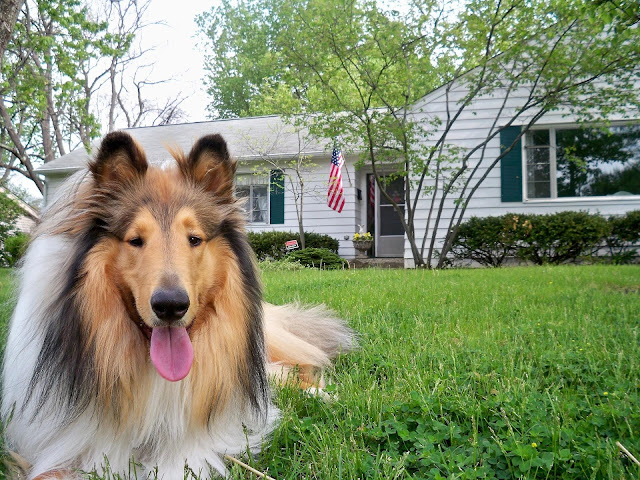You already know a lot about Rough Collies, but did you know that they were the breeds with the highest odds of aggressive behaviour in recent study?
Well, now you know. This breed is aggressive. After all, it descended from a large, strong and aggressive variety of herding dog originating in Scotland.
As any good pup parent knows, the background of dog breed matters when it comes to raising a furry friend.
We've already posted about list of aggressive dogs and followed that up with dog raising tips, but you still need to know interesting things about Rough Collie if you want to enjoy the breed.
Keep reading to learn more facts about Rough Collie that are sure to make you a good owner.
1. Your Rough Collie Could Show Fear-related Behaviours Far More Easily Than Other Dogs
Rough Collies may be physically strong, but fear-related behaviours are common in the breed.
If you're a Rough Collie owner, you might have noticed the behaviour when your pup was exposed to sudden or loud noises from fireworks, gunshots, vacuum cleaners, road drills, thunderstorms, or while walking on slippery floors, unstable surfaces, unfamiliar stair, or riding an elevator.
Multiple studies have shown that on average, Rough Collies show high degrees of fear-related behaviours in non-social situations when compared with other dog breeds. One study in Sweden also found that fear-related behaviours are common in the breed.
2. Your Rough Collie Could Be Very Sensitive When Pushed Over The Edge
Even though they were bred to watch over livestock, Rough Collies are very in tune with people and have uncanny ability to foresee their owners' needs.
If, however, you push them over the edge through your words and actions, they can easily feel angry, sad, depressed, and bored.
So, you need to give your Rough Collie lots of attention, exercise, love and positive reinforcement.
3. Your Rough Collie Is Smarter Than You Think
Your dog isn't just like any other animal. They're good at following commands.
In fact, Stanley Coren in his book, The Intelligence of Dogs, ranked 200 breeds on obedience and working intelligence—categories that are based on how well a breed typically learns from humans. The analysis also ranked breeds based on adaptive intelligence, which refers to a dog's ability to problem-solve on its own. It found that Collie obeys first command 85% of the time or better.
4. They Make Great Therapy Dogs
Well trained Rough Collies are always friendly, well-behaved and sensitive. They also seek out attention from people and have a calm demeanor.
These qualities enable them to give comfort and affection to people in a facility setting or to certain individuals who require visitation to deal with a physical or emotional problem.
5. They're One Of The Few Animal Actors To Have A Star On The Hollywood Walk of Fame.
A Rough Collie named Laslie who starred in numerous films, multiple television series, a radio program, and has been the subject of various novels and non-fiction works, is among the few animal actors to have a star on the Hollywood Walk of Fame.
Conclusion
It's true that some Rough Collies are aggressive, sensitive and fearful, but they also learn easily. So early training and socialisation will help them grow into a well-behaved dog and make you a good owner.

Comments
Post a Comment